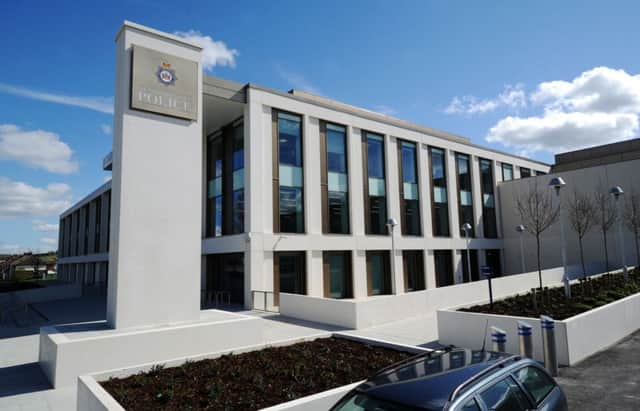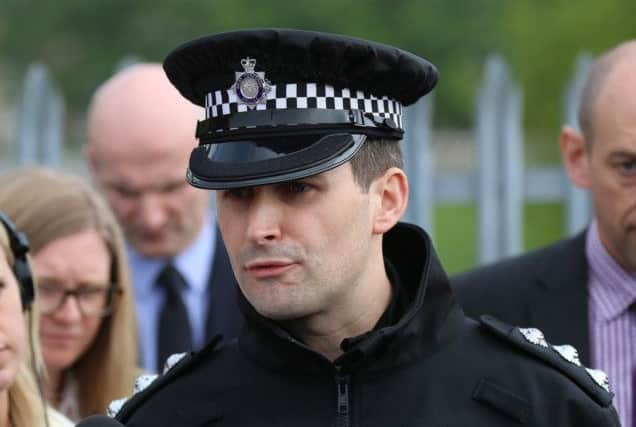Nurses moved to Leeds police control room will help with mental health crises


The 12-month pilot scheme will see two nurses based within the Leeds District Police Control Room at peak times during the evening, seven days a week.
It comes on the back of a ‘mental health triage’ scheme in the city where mental health nurses go out on the streets with officers responding to 999 calls.
Advertisement
Hide AdAdvertisement
Hide AdPolice say they are not best placed to assess and support people who are mentally ill, but still spend “a significant amount of time” managing the risk they pose to themselves and others.


Despite efforts to create other ‘places of safety’ for people detained under section 136 of the Mental Health Act, charities say “shocking numbers” of mentally ill people are still being held in police cells.
The scheme, which starts in May, is being funded by the Leeds and York Partnership NHS Foundation Trust, which runs local mental health services, and West Yorkshire’s police and crime commissioner.
The nurses will give police officers access to expert advice on how to deal with people with mental health conditions.
Advertisement
Hide AdAdvertisement
Hide AdChief Inspector Nik Adams of Leeds District Police said: “Nurses will also help to identify incidents where people might be at an early stage of suffering from mental ill health and where an earlier health intervention could prevent serious mental health issues developing.” He said the proposal would combine with the existing scheme to “ensure appropriate care and support is provided as quickly as possible, which will both improve care and further reduce the demand on police resources.”
Jeanette Lawson, from the NHS trust’s Crisis Assessment Service, said the mental health triage scheme “has already led to a reduction in waiting times for care, reduced impact on police officer time and a reduction in the number of people suffering mental health crisis who are detained in police cells.”
Earlier this week, NHS and police officials met in Leeds to discuss how people with mental health conditions could get rapid access to services and spend less time waiting or being dealt with by police.
Describing the number of mentally ill people detained by the police as a “scandal” recently, the Home Affairs Select Committee called for police cells to no longer be deemed a “place of safety” under the Mental Health Act.
Advertisement
Hide AdAdvertisement
Hide AdIn the year to October 31, 2014, a total of 1,390 people were detained under the Mental Health Act in West Yorkshire, 32 of whom were under 16. In the calendar year 2013, police ‘sectioned’ 1,646 people.
West Yorkshire police and crime commissioner Mark Burns-Williamson said he had backed the Leeds pilot to “ensure vulnerable people were kept out of custody wherever possible”.
He added: “It is clearly a concern for me that those in our communities who are most vulnerable are dealt with in the best way and that they get help and support.”
Aimee Gee, a spokeswoman for the mental health charity Mind, said: “Mental health is core police business as they are often the first to come into contact with people who are unwell, in mental health crisis and in need of safety and support.
Advertisement
Hide AdAdvertisement
Hide Ad“It is great to see the police embracing this role and very positive to see the NHS and police working in collaboration to make sure people get the right support when in crisis.
“Efforts to reduce the numbers of people in ending up in police cells are particularly welcome – a police cell is not an appropriate place to put someone who is suicidal or in psychosis.
“We need to also see local authorities, the third sector, other parts of the NHS such as primary care and the ambulance service also playing their part in supporting people with mental health problems too.
“This is starting to happen through the Mental Health Crisis Care Concordat, a commitment made by services in every local area to joining up services and making sure people get the help they need, when they need it.”